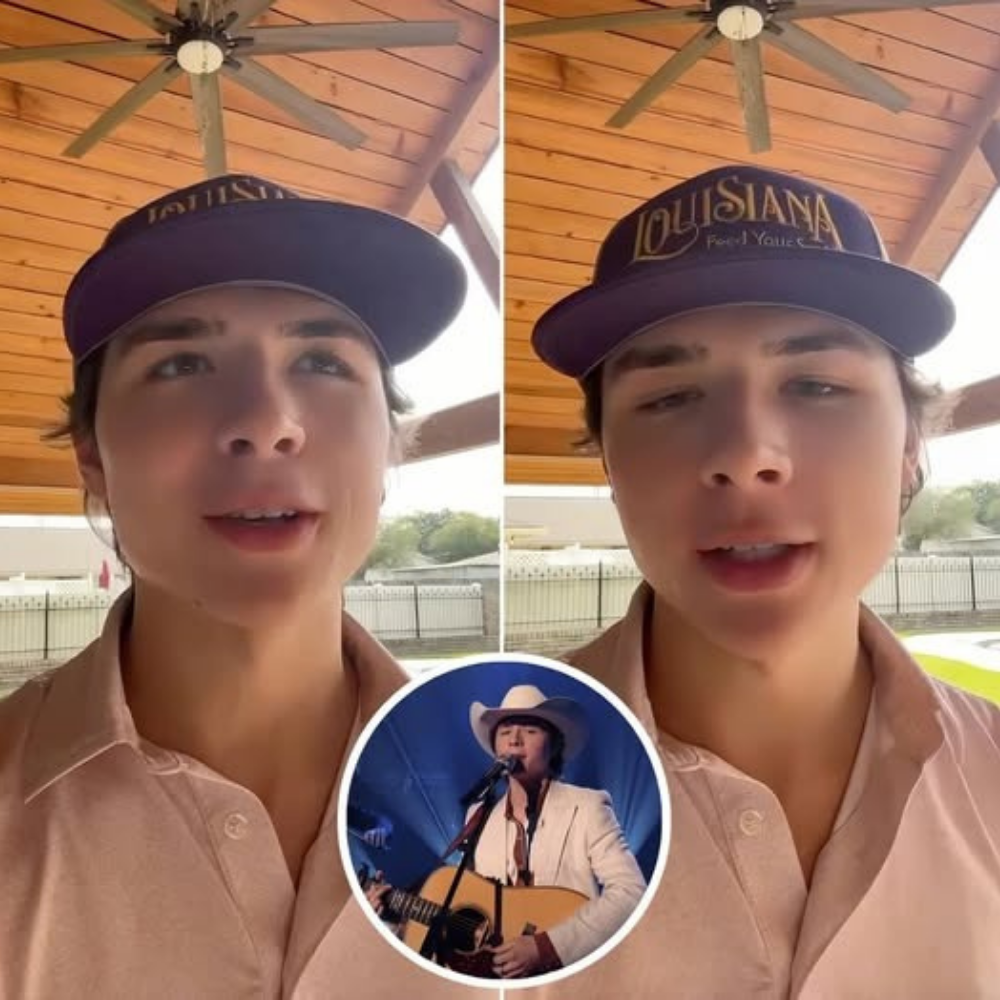Dr. Umar Johnson, a prominent figure in the Pan-African movement, recently found himself at the center of controversy after responding aggressively to criticism regarding the delayed opening of his proposed school, the Frederick Douglass Marcus Garvey Academy. In a spirited address, Johnson expressed frustration towards a young critic who pointed out that the school, which has been in the planning stages for several years, has yet to open its doors.

During his remarks, Johnson emphasized his commitment to the establishment of the academy, which he claims is aimed at providing a specialized education for Black boys. He called on supporters to contribute financially, reiterating that the school is an essential project for the community. However, he did not hold back when addressing the young critic, referring to him derogatorily and suggesting that he should focus on personal grooming rather than questioning the status of the school.
This exchange comes amidst broader discussions about accountability in fundraising and community projects. Critics of Johnson argue that when soliciting donations for a significant endeavor like a school, there is an inherent expectation for transparency and progress updates. The young critic, who mentioned he has been following the project since he was 12, was not alone in questioning the whereabouts of the school. Many supporters have expressed concern over the long timeline and the lack of visible results.
Johnson’s response has sparked a debate about the responsibilities of leaders who seek financial support from their communities. Some commentators have pointed out that while Johnson’s vision may be commendable, the execution and communication surrounding the project are equally important. They argue that transparency could help mitigate skepticism and foster trust among supporters.
As the conversation unfolds, it raises fundamental questions about leadership, community expectations, and the dynamics of fundraising within the Black community. Dr. Umar Johnson remains a polarizing figure, with dedicated supporters who believe in his mission, while others remain critical of his methods and the progress of his initiatives. The future of the Frederick Douglass Marcus Garvey Academy remains uncertain, but the dialogue surrounding it continues to highlight the complexities of community activism and accountability in educational reform.
